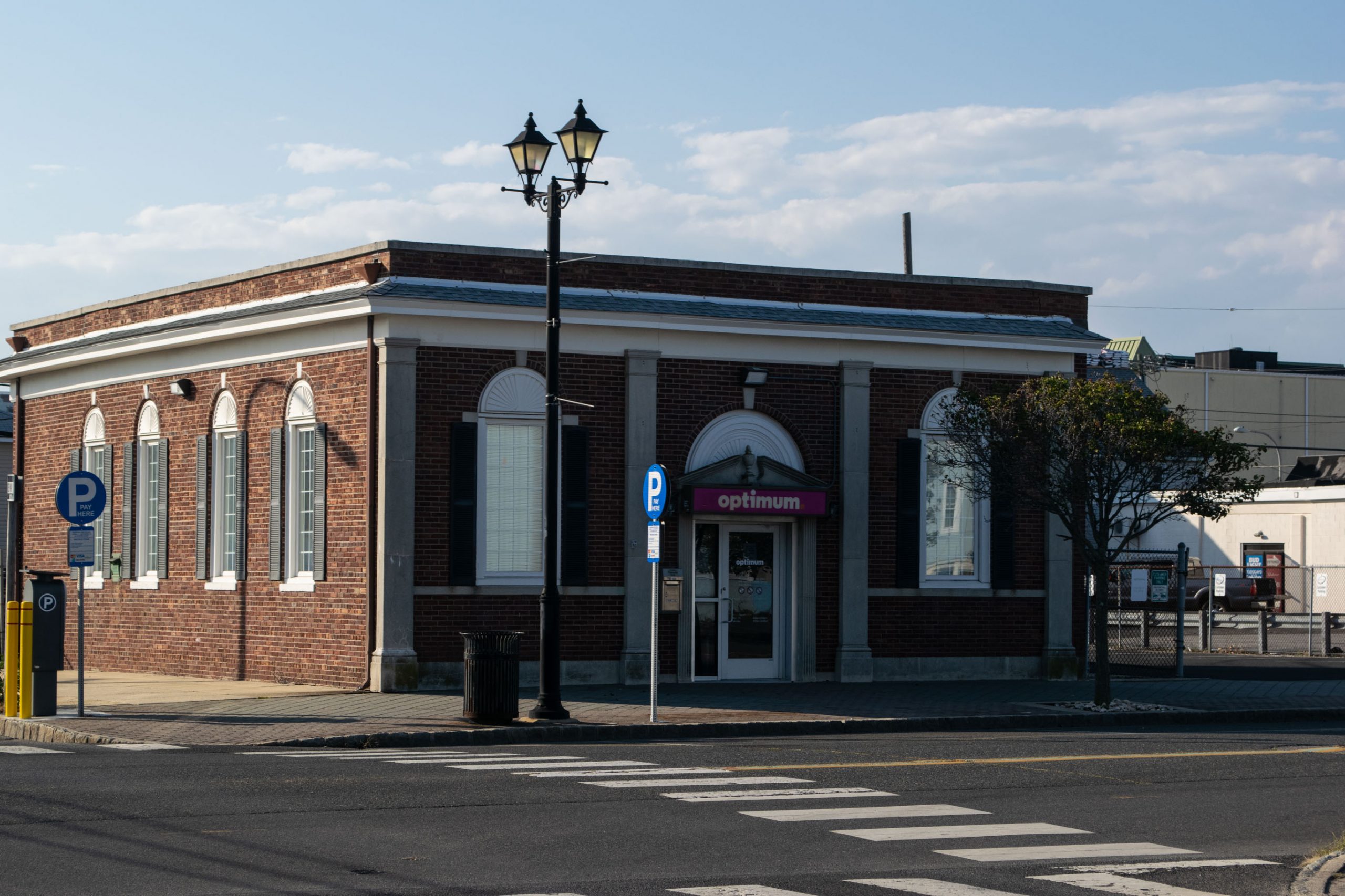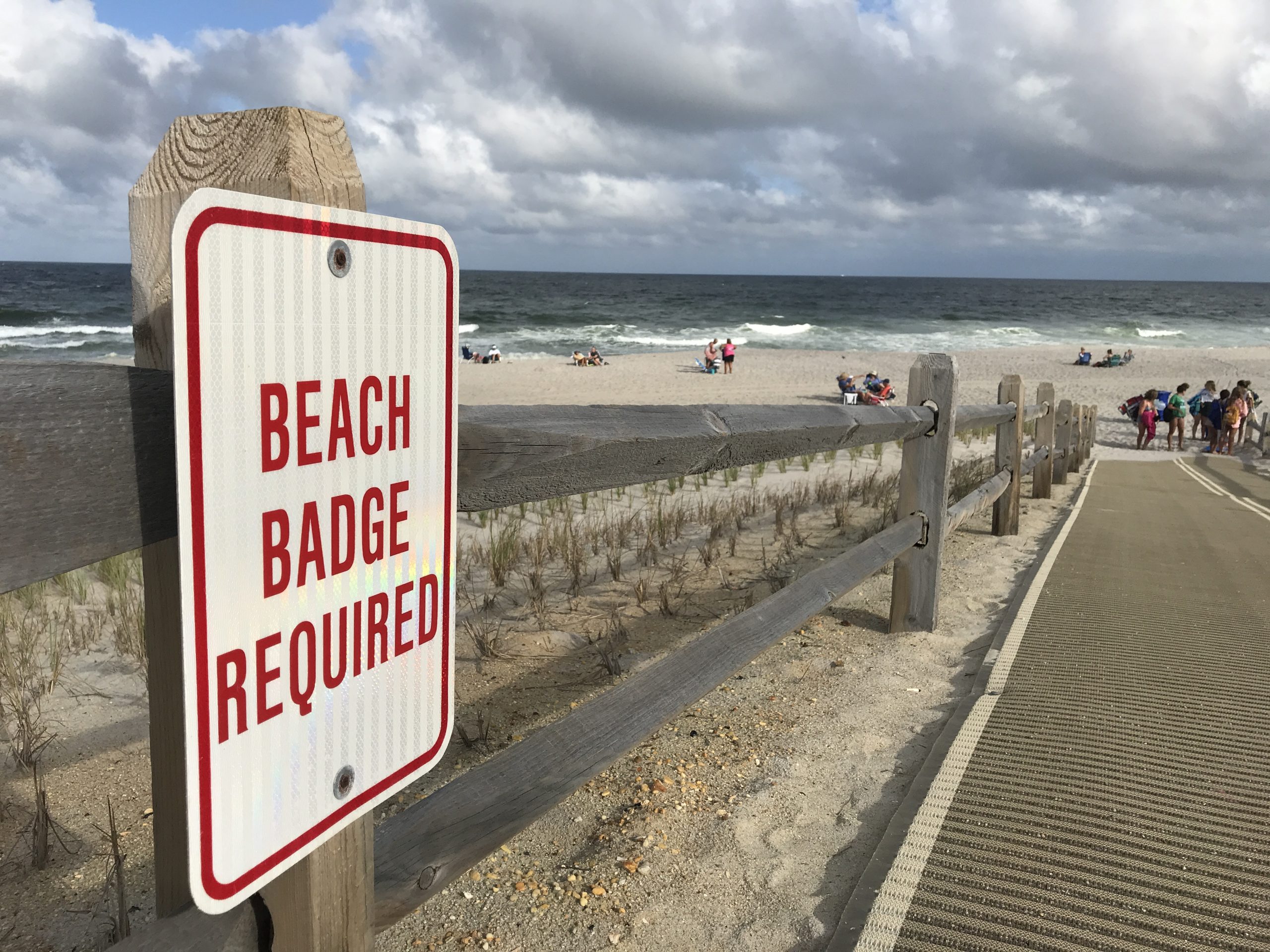Seaside Park council members at their recent meeting awarded a contract that will maintain a tenant at the communications base at the southern water tower, and separately, removed two parking spaces due to a reversal of a two-way street to a one-way street.
Water Tower Lease
Council members unanimously approved the award of a bid to Verizon to maintain a cell tower station on top of the borough’s southern water tank between 12th and 13th avenues.
Under the terms of the new deal – Verizon’s current deal with the borough was due to run out shortly – the wireless provider will pay $65,112 per year to least the space for five years. The lease payment will rise 2.75 percent annually under the contract, which can be renewed for three additional five-year periods, for 20 years total.
“This is an above-market rate,” said Borough Administrator Karen Kroon, noting most leases on municipal water towers net $25,000 to $50,000 per year.
Space on a barrier island, as always, comes at a premium price.
The borough will also pay less to insure liability for the tower space, reducing what was thought to be a required $15 million in coverage to $5 million in coverage. The previous lease required $3 million in coverage.
Rest in Peace, Short Term Parking
Two short-term parking spaces will be removed on 2nd Avenue in Seaside Park, though the curbing has already been marked in yellow. The spaces are located near stop signs on the street, the placements of which were modified earlier this summer when borough officials changed the street from a two-way to a one-way street. The street had previously been one-way, and residents asked for it to revert due to the street’s short width.
“You can’t park within 50 feet of a stop sign of an intersecting street,” said Borough Attorney Steven Zabarsky.
Both spaces were 15-minute zones, the shortest term zone in Seaside Park. Following a comment from council, Zabarsky clarified that under the law, the non-spaces cannot be used as loading zones, even temporarily. Doing so could lead a motorist to earn a ticket.
“If you stop your vehicle to load, it’s parking,” said Zabarsky. “I’d say no loading and no vehicles – I get that all the time in court. I’ve actually had to try those cases.”
Zabarsky serves as a municipal prosecutor in several other communities and said judges have interpreted that a vehicle would, indeed, be considered “parked” under those circumstances rather than in the midst of “stopping,” “standing,” or any other similar term to describe a non-moving vehicle.

Advertisement

Police, Fire & Courts
Police Investigating Possible Shots Fired in Seaside Heights

Police, Fire & Courts
Cops: Juvenile Arrested After 118mph Joy Ride in Seaside Heights, Toms River Kills 2

Seaside Heights & Seaside Park
Seaside Heights Mourns Passing of Boardwalk Legend, Still Working Into His 90s









